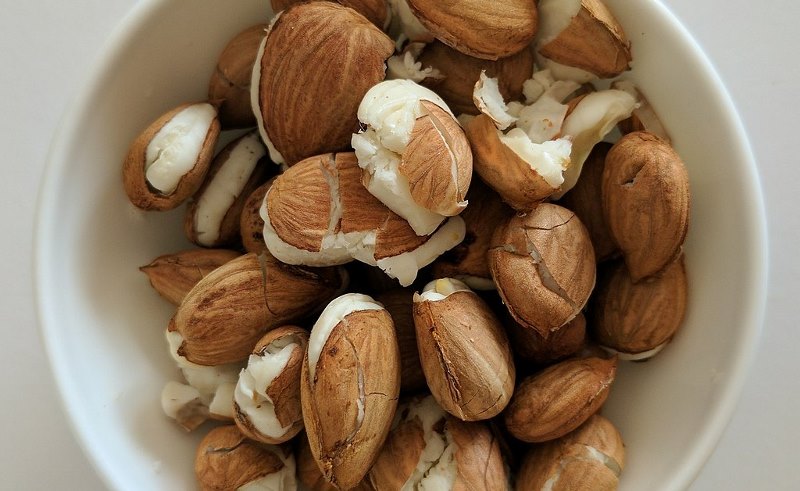Vitamin B17 goes by a number of names, including amygdalin and laetrile. In actual fact, these are not all the same thing, as I shall explain shortly. Vitamin B17 has been promoted as an alternative treatment for cancer since the 1950s but can Vitamin B17, regardless of what you call it, help to cure cancer?
Amygdalin is a naturally occurring chemical compound that is, most notably, found in the kernels of apricots and bitter almonds. It’s also found in a great many other plants and seeds.
Laetrile is synthesized from amygdalin by hydrolysis.
Vitamin B17 is the name under which laetrile was patented. According to Wikipedia, the reason it was branded as a vitamin was, “in order to have it classified as a nutritional supplement rather than as a pharmaceutical.”
However, the briefest study of the B vitamins will reveal that there is no laetrile – B17 on the list:
- Thiamine – B1
- Riboflavin – B2
- Niacin – B3
- Pantothenic acid – B5
- Pyridoxine – B6
- Biotin – B7
- Folate – B9
- Cobalamin – B12
Now, don’t get me wrong, vitamins have been known to move around and change their names; biotin, for example, used to be called vitamin H.
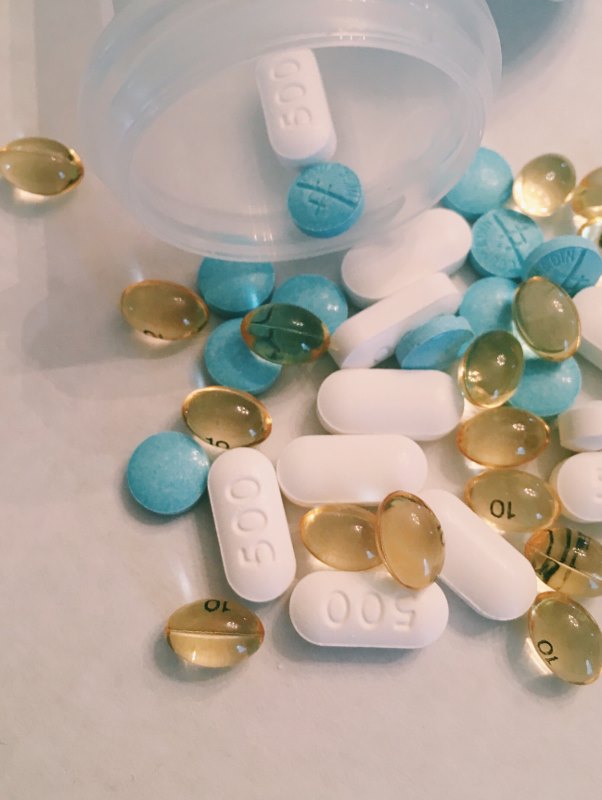
Photo by pina messina on Unsplash
To understand what vitamin B17 is, and where it comes from, I need to introduce you to Ernst T. Krebs Jr. and his father Ernst T, Krebs. Neither of these gentlemen should be confused with Hans Adolf Krebs, who was a Nobel laureate in medicine and for whom the Krebs Cycle is named.
In 1955 the Krebses applied for a patent for a chemical process that extracted a chemical compound from apricot kernels. The compound was called pangemic acid, and the Krebses decided to call it Vitamin B15. You’ll notice that there’s no pangemic acid – B15 on the list of B vitamins, either.
The reason for this is that a vitamin is defined as:
“An organic molecule (or related set of molecules) that is an essential micronutrient that an organism needs in small quantities for the proper functioning of its metabolism.“
Vitamin B15 does not fulfill this definition, because it simply isn’t essential. The patent for the vitamin B15 extraction process eventually failed because the process was not reliable.
Undeterred, the Krebses moved on and patented laetrile in 1961. Much like pangemic acid, laetrile was a chemical compound extracted from apricot kernels. Much like pangemic acid, laetrile was marketed as a vitamin. And, much like vitamin B15, vitamin B17 is not actually a vitamin.
While I’m on the topic of things not being what they appear to be, let’s look at Krebs Jr. The supporters of Krebs, and vitamin B17, of which there are still a surprising number, will refer to him as Dr Ernst Krebs. It seems, however, that he never gained a Ph.D. The closest he got to being a doctor was via an honorary degree from the American Christian College in Tulsa. Which no longer exists.
The reason that I mention this, is that I’m going to offer a few quotes about Krebs Jr and laetrile, and his unfounded claims to be a doctor seemed to offer some relevant context.
From the Wikipedia page about Ernst T. Krebs, jr.:
“Ernst Theodore Krebs, Jr. (May 17, 1911 – September 8, 1996) was an American conman who promoted various substances as alternative cures for cancer, including pangamic acid and amygdalin. He also co-patented the semi-synthetic chemical compound closely related to amygdalin named laetrile, which was also promoted as a cancer preventative and cure. His medical claims about these compounds are not supported by scientific evidence and are widely considered quackery.“
From the Wikipedia page about amygdalin:
“The promotion of laetrile to treat cancer has been described in the medical literature as a canonical example of quackery.“
And:
“the slickest, most sophisticated, and certainly the most remunerative cancer quack promotion in medical history.“

Photo by Jenny Bess on Unsplash
Spoiler alert!
So, no; vitamin B17 cannot cure cancer!
Now, I should be able to stop writing at this point. Because it seems so obvious that vitamin B17 is not, will never be, and has not ever been a cure for cancer. But, there are still plenty of people trying to sell this poison. And it is a poison… so I’d better go on.
I’m not going to offer citations to the sites that are promoting vitamin B17 as a cure for cancer, because they’re also quite often quite poisonous. One of these sites, for example, justifies Krebs’ decision to classify laetrile as a vitamin because, it’s structure most resembled that of a complex B vitamin.
This immediately put me in mind of the concept of the doctrine of signatures. This was the idea that plants that looked like parts of the body should be used to treat that part of the body. On the basis that, “God would have wanted to show men what plants would be useful for.”
The principle goes that a walnut looks like a brain, therefore walnuts are a good for healing the brain.
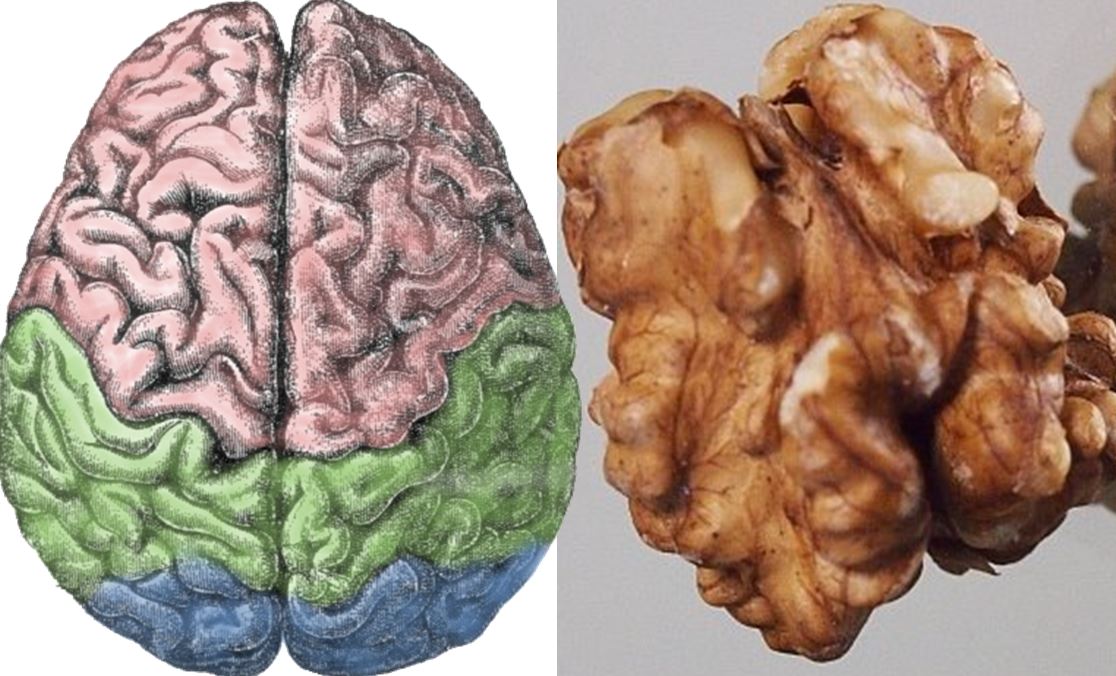
By derivative work of this – Gutenberg Encyclopedia, CC BY-SA 3.0, https://commons.wikimedia.org/w/index.php?curid=2204932
Unsurprisingly, the doctrine of signatures turned out to be wildly inaccurate. So it’s odd seeing a variant of it being trotted out today: laetrile looks like a vitamin, therefore it’s a micronutrient.
But laetrile isn’t a micronutrient, in the same way wasps aren’t bees. Which is why you don’t break into a wasp’s nest looking for honey… at least, not twice you don’t.
My point is that when a site or a person is struggling this hard to promote something that is regarded as, “a canonical example of quackery”, it makes me doubt their motives.
The reason that I was insistent that laetrile is a poison, above, is that, much like amygdaline, one of the compounds laetrile releases, when broken down, is hydrogen cyanide. Yes, that’s right, the cyanide of cyanide poisoning fame.
Sites that promote laetrile will often tell you that it is this cyanide that acts on the cancer cells. The argument being that cancer cells have specific properties, that healthy cells do not, which mean that the cyanide only effects said cancer cells. When this was disproved, because of course it was disproved, laetrile apologists started arguing that there were other compounds, released during the breakdown of laetrile, that were specifically attacking cancer cells…

https://imgur.com/gallery/RF3eNZN
Scientists, on the other hand, see laetrile in a different light.
The Cancer Research UK page on laetrile, offers this:
- “Laetrile is a man-made form of amygdalin, a plant substance found in some nuts, plants and seeds of fruit.
- Claims that laetrile or amygdalin can treat cancer are not backed up by research.
- It contains cyanide, a poison and can cause serious side effects.“
The U.S. Food and Drug Administration has not approved laetrile, for reasons that include:
“No controlled clinical trials (trials that compare groups of patients who receive the new treatment to groups who do not) of laetrile have been reported. Anecdotal reports and case reports have not shown laetrile to be an effective treatment for cancer.“
“The side effects of laetrile treatment include the following:
-
- Nausea and vomiting.
- Headache.
- Dizziness.
- Blue color of the skin caused by a lack of oxygen in the blood.
- Liver damage.
- Very low blood pressure.
- Droopy upper eyelid.
- Trouble walking caused by damaged nerves.
- Fever.
- Confusion.
- Coma.
- Death.“
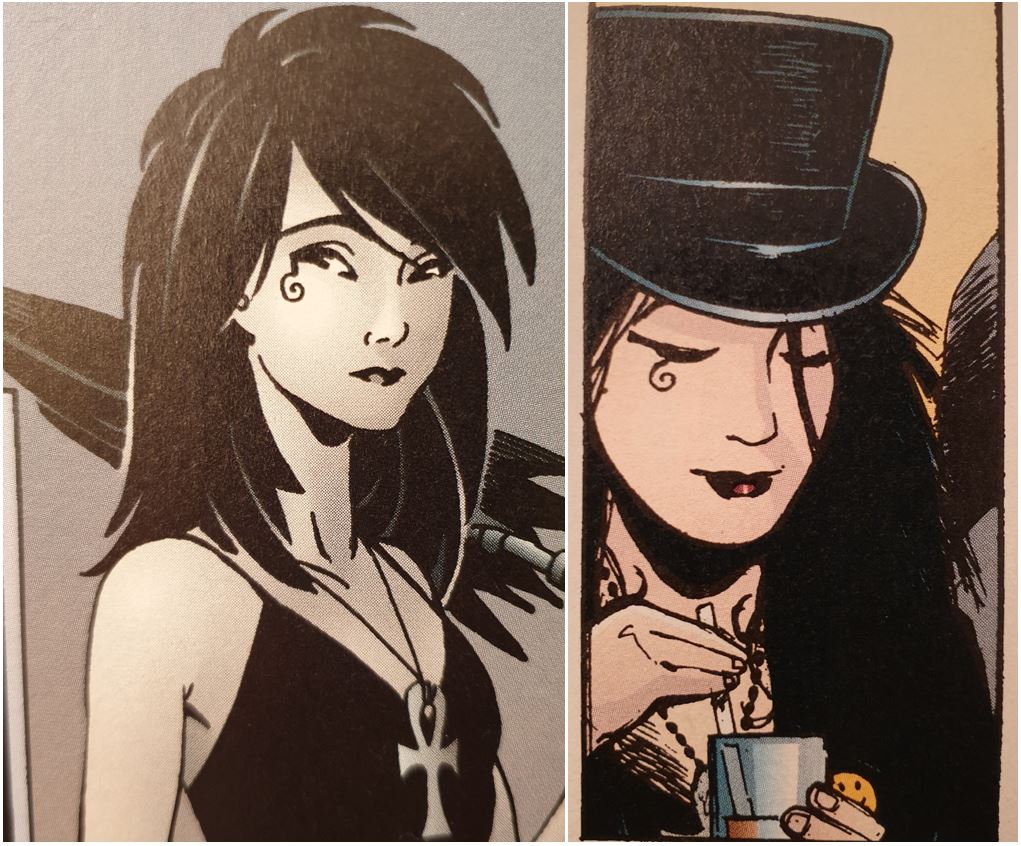
The sale of laetrile is prohibited in the UK and the EU. I tried to find a citation but the legislation here is soooooo convoluted. I think it’s in here somewhere, but I’m not fighting my way though 322 pages of legalese drivel to reiterate a point that is already solidly made. Which is that not only does vitamin B17 not cure cancer, instead it additionally poses serious potential risk to your health.
Moving on, it is illegal in Australia to sell or import laetrile without the appropriate permit from the TGA – Therapeutic Goods Association. Additionally, Australia and New Zealand have recently banned the import of raw apricot kernels for human consumption.
Of course, in some eyes, all these Governments banning laetrile is all the proof they need that vitamin B17 can actually cure cancer. Because, otherwise, why would Governments be banning it?! Governments, to the minds of some, are wholly in the thrall of Big Phama.
Which is why I’ve included Australia, the European Union, New Zealand, the United Kingdom and the United States as areas that have banned laetrile. The health care provision across these various countries is so diverse that it becomes obvious that the Big Pharma conspiracy theory cannot apply to all of them. The simple fact is that vitamin B17 does not cure cancer.
But it isn’t Big Pharma trying to sell laetrile/vitamin B17, it’s Alternative Pharma. Vitamin B17 supplements are listed on eBay for anything from $37 to $190 for 100 capsules (or tablets) of 500mg doses of laetrile. That’s £28 – £145, or €33 – €168. Plus shipping!
That seems a lot of money for something that has not been shown to cure cancer. It seems even more money for something that has been shown to be a serious health risk.
The problem is that there’s money to be made from the fear and suffering of cancer patients. Whether this is Big Pharma and their price gouging for effective drugs, or Alt Pharma and their sales of ineffective drugs; it’s immoral. To my mind, Alt Pharma is no better than the Big Pharma that they rail against. In fact, I find Alt Pharma more deplorable because; vitamin B17 does not cure cancer. Very little of what they promote does.
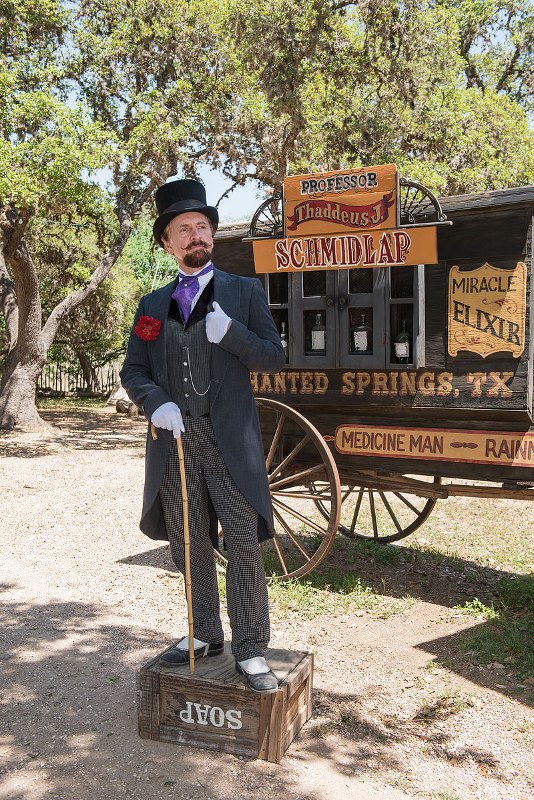
The one notable exception to this, that I’ve found so far, is vitamin D3, which actually can help with some types of cancer. Mine included.
After all this, I reiterate: vitamin B17 does not cure cancer.
Never has!
Never will!
But what does science matter, when there is money to be made and desperate, vulnerable cancer patients to exploit?!
And the actions of Alt Pharma, to draw people away from conventional medicine, costs lives. People like Joseph Hofbauer.
All in the name of a quick buck…
Contemptible!
